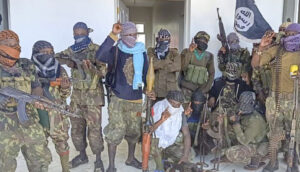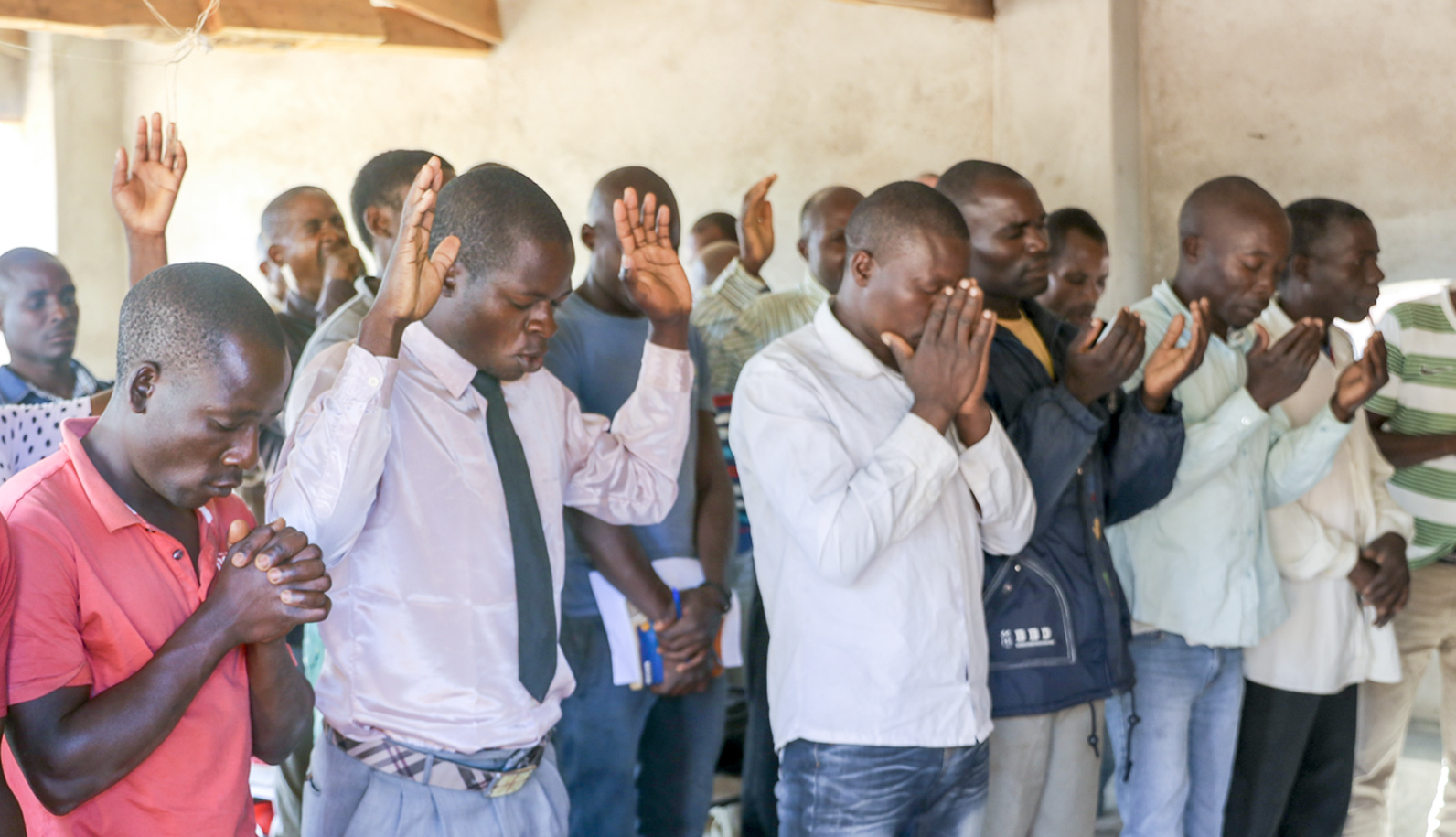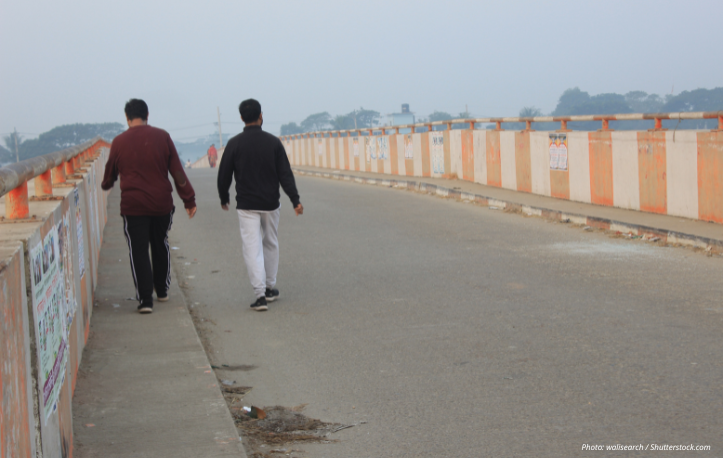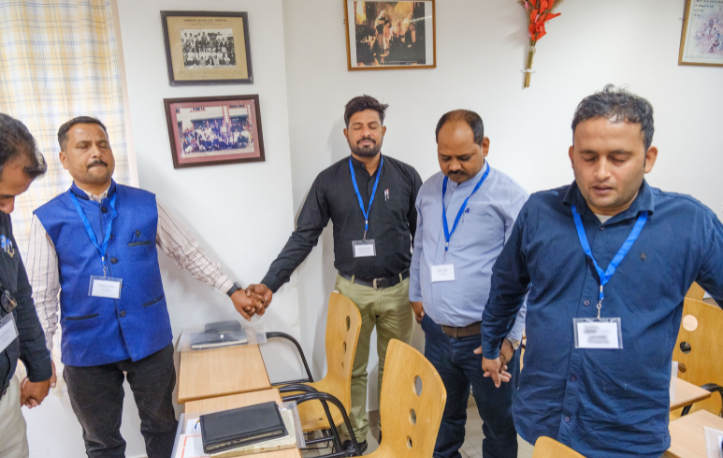When a group of pastors met with front-line workers in Pemba, Mozambique, their grief was palpable as they recalled the suffering they had experienced at the hands of Islamic insurgents.
While Mozambique is a majority-Christian country, the northern provinces are predominantly Muslim. One of these provinces, Cabo Delgado, has endured a violent insurgency that began in 2016 and intensified in 2019 after the insurgents pledged allegiance to the self-proclaimed Islamic State (ISIS). The Islamists attacked villages and overran entire towns, including the homes of the pastors who met with front-line workers in Pemba. Over time, the Islamists gained control over most of Cabo Delgado.
The insurgents are part of a group called al-Sunnah wa Jama, which translates roughly as “adherents of the prophetic tradition”. Local residents and officials commonly refer to the group as al-Shabab, meaning “the youth”, because many of the attackers are young; they have no known connection to the terrorist group of the same name in Somalia.
While many Muslim residents have been affected by the violence in Cabo Delgado, the extremists have specifically targeted Christians. One pastor said they gathered everyone in the middle of his village and asked them about their religious beliefs. The Islamists decapitated those who said they were Christians and then burned every home and church in the village.
A pastor from Mocimboa da Praia recalled how the Islamists had surrounded the city, trapping everyone inside, and then begun killing indiscriminately. Those who tried to flee by car were burned alive in their vehicles. “We felt like chickens going into a lion’s den,” the pastor said. “I saw mountains of dead bodies everywhere.”
One of the pastors was separated from his family during an Islamist attack, and he hasn’t seen his two children, ages four and seven, since; he doesn’t know if they survived the attack. When he returned to the village to look for his children, he saw many decapitated and dismembered bodies. His church building had been destroyed.
As each pastor told stories of suffering from his church and village, the other pastors at the table bowed their heads and began to pray. Then, one of the pastors began to sing. As the others joined in, their time of shared sorrow was transformed into a time of worship, reflecting the pastors’ hope in Christ.
Amid their suffering, the pastors have seen God at work. “Because of all that’s happened,” one of the pastors said, “the people fled here to one place, where they can hear the Word of God. When we go back, we will see many, many, many new churches being planted. So many Muslims are saying, ‘We want to follow Jesus because only Christians have brought love.’”

Another pastor said, “The sharing of the gospel just doesn’t have any difficulty now. When people do evil, it actually helps us remember we are different. God has called us to be different, and it is an opportunity to set ourselves apart.”
As they finished their time together, a front-line worker asked the pastors one last question: “Do you think more people will go to heaven as a result of [these attacks]?”
The pastors responded unanimously with a resounding “Yes!”




Submit a Prayer